In the early days of Laura McKowen’s sobriety, she realized she was lucky to feel her feelings, live honestly, be more present in her life. She recognized that “those of us who answer the invitation to wake up, whatever our invitation, are really the luckiest of all.” Her new book is We Are the Luckiest: The Surprising Magic of a Sober Life (New World Library, 2020) which she dedicates to her daughter Alma.
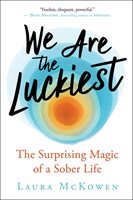 The book is engaging and fast-paced to match Laura’s very full life. Her story begins in 2013 when Laura was the “thirty-five-year-old director at a global marketing agency, a marathon runner, a yoga teacher, and a mama to one.” She had had a twenty-year history with alcohol by then and her first sentence gets right to the point: “On July 13, 2013, the night of my brother’s wedding, I left my four-year-old daughter alone in a hotel room overnight because I was blackout drunk.”
The book is engaging and fast-paced to match Laura’s very full life. Her story begins in 2013 when Laura was the “thirty-five-year-old director at a global marketing agency, a marathon runner, a yoga teacher, and a mama to one.” She had had a twenty-year history with alcohol by then and her first sentence gets right to the point: “On July 13, 2013, the night of my brother’s wedding, I left my four-year-old daughter alone in a hotel room overnight because I was blackout drunk.”
Laura addresses the reader throughout her book such as: “I don’t know what your thing is, but alcohol was mine” in the first chapter entitled “This is My Thing.”
The words of endorsement on the book’s front cover, “Fearless, eloquent, powerful,” were written by Dani Shapiro. Dani has written several bestselling novels and memoirs, the latest of which is Inheritance: A Memoir of Genealogy, Paternity, and Love (Alfred A. Knopf, 2019). An early memoir, published over twenty years ago is Slow Motion: A Memoir of a Life Rescued by Tragedy (Harper Perennial, 2010).
The tragedy in Dani’s memoir was a car crash that took the life of her father and had her mother suffering from more than 80 fractures. At the time of the accident, neither was expected to live. As a New York Times review said of the book: “Dani Shapiro was “a self-confessed bulimic, alcoholic, cocaine-addicted, kept woman.” She began a new life when she found a recovery program, returned to college and began her successful writing career. As could be said about Laura McKowen’s memoir: “She never shies away from the unsavory details of her personal ordeal.”
My late poetry mentor Patrick Lane who continues to inspire (we’re approaching the first anniversary of his death next month), was co-editor, along with his wife Lorna Crozier, of Addicted: Notes from the Belly of the Beast (Greystone/Douglas & McIntyre, 2001, 2006). In an essay of Patrick’s entitled “Counting the Bones,” he writes: “Hello, I’m Patrick. I’m an alcoholic. Start by telling your story to others, the ones who know where you have been, as you pray for the years before and behind you, the year you’re living now, the night, the day, this hour, this minute, this one.”
In the “Afterword,” Patrick says that a month after he wrote the essay for the book, he lay in his front hall “flopping on the hardwood floor like a salmon on the bottom of a boat.” Two days later he went into a residential treatment program in Nanaimo, B.C. where he spent eight weeks “sixteen hours a day stumbling through group therapy, AA meetings, confused sessions with my counsellor, and endless conversations with other drunks and addicts.”
Stephen Reid has an essay in Addicted as well. His is called “Junkie” and in it he describes the beginnings of his addictions in childhood when he was given morphine by a pedophile doctor he calls “Paul.”
Gabor Mate, M.D. in his groundbreaking book In the Realm of Hungry Ghosts: Close Encounters with Addiction (Vintage Canada, 2009), refers to Stephen’s autobiographical essay “Junkie.” Gabor went to see Stephen at William Head Institution in Victoria, B.C. where Stephen was incarcerated for bank robbery. In 1999, Stephen committed “the worst bank robbery of my life” as he described it and was sent back to jail for eighteen years.
“There is something reassuring about bottoming out, a sense that you can’t fall any further,” Stephen Reid said to Gabor Mate. For Stephen Reid it was the “bare, concrete floor of a prison,” Gabor says and for Gabor “it’s the impact of my addictive behaviours on my family and the sense of alienation and shame that grows each time I indulge in a secretive purchasing binge.”
Stephen Reid who died in June, 2018 was a fine writer. His essays were published as A Crowbar in a Buddhist Garden: Writing from Prison (Thistledown Press, 2012) which won the 2013 Victoria Butler Book Prize.
There are many well known writers who were alcoholics and drug addicts. I read about some of them in Olivia Laing’s book The Trip to Echo Spring: On Writers and Drinking (Picador, 2014) in which she writes about F. Scott Fitzgerald, Ernest Hemingway, Tennessee Williams, John Cheever, John Berryman, and Raymond Carver.
Leslie Jamison (photo below) writes of her own recovery and well-known alcoholic writers in her book The Recovering: Intoxication and Its Aftermath (Little, Brown, 2018). One of the writers she includes is Raymond Carver whose stories written in early sobriety, Leslie says, weren’t just full of the chaos of drinking but also the possibilities of recovery.” It was heartbreaking to read of the editing of Carver’s stories by Gordon Lish. One of them, “A Small, Good Thing,” eventually got published in its original version to include a previously removed section about a baker visited by parents grieving the loss of their young son. “The baker offers the minor solace of tangible pleasure . . . and this broken bread ultimately catalyzes another type of communion: ‘They talked on into the early morning, the high pale cast of light in the windows, and they did not think of leaving.’ “
Leslie says: “Recovery reminded me that storytelling was ultimately about community, not self-deception. Recovery didn’t say: We tell ourselves stories in order to live. It said: We tell others our stories in order to help them live, too.”
“At times, it seemed my relationship wasn’t to a Higher Power [in Alcoholics Anonymous] but to the act of prayer itself – a ritualized cry of longing and insufficiency – as if my faith were a catalog of places I’d gotten on my knees, a hundred bathrooms where I’d knelt on cold tiles with thin ribbons of grout under my shins; or crouched on a foot-worn bath mat, facing the eye-level skyline of my mother’s bubble bath, jars of pearly peach and vanilla. In those bathrooms, God wasn’t faceless omnipotence but proximate particulars, grout and soap – the things that had always been there, right in front of me.”
In all of these books, the importance of telling stories for oneself and for those who listen, rings true.
 Laura McKowen describes her sobriety as “one moment, then the next, then the next” which is how she wrote her book. “A book is impossible, but a word and then another word is not. A lifetime of sobriety was impossible, but a moment of sobriety was not. I was doing it, and I was doing it, and I was doing it again.”
Laura McKowen describes her sobriety as “one moment, then the next, then the next” which is how she wrote her book. “A book is impossible, but a word and then another word is not. A lifetime of sobriety was impossible, but a moment of sobriety was not. I was doing it, and I was doing it, and I was doing it again.”
Laura refers to AA as “the first point of contact for someone who is in deep shit like I was. And for all its failings and imperfections – and there are many, and they are real – the people in AA saved my life. They helped me get my first thirty days of sobriety; then later, in my third year of sobriety, doing the steps saved me again.” Meetings provided a safe place to be and she had to admit that “maybe people who’d actually walked this path might have something to teach me.”
Writing has been a mainstay for all these writers mentioned. As Laura has written: “With each word I wrote, I breathed power into a new story for myself and also slowly started to make sense of what I’d never been able to before.”
Leslie Jamison quotes Raymond Carver:
It pleases me, loving rivers.
Loving them all the way back to their source.
Loving everything that increases me.
From “Where Water Comes Together with Other Water”
Patrick Lane wrote at the end of his memoir, There is a Season (McClelland & Stewart, 2004) during his first year of sobriety: “I’ve never forgotten the day I chose the word [sorrow]. I have used that moment to illustrate lectures I’ve given for thirty years to writing students. Learn how to put the word sorrow in a poem, I’ve told them over and over again. I might as easily have told them to try with the word joy. So, why the word sorrow? Why did I choose it? Perhaps now I have an answer.” Writing the book gave him his answer as he wrote through his life and almost fifty years of addiction to alcohol and cocaine and the joy he found in his garden.
Laura McKowen writes an award-winning blog and offers several online programs for sobriety, personal development, and writing. www.lauramckowen.com
A quote Laura thinks of often is by Khalil Gibran:
The deeper that sorrow carves into your being,
the more joy you can contain.

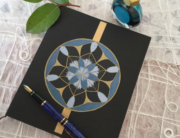
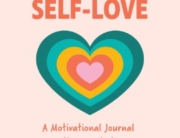
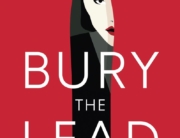


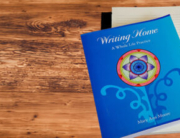


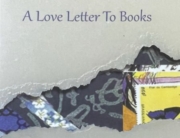

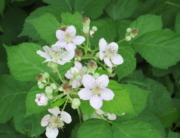
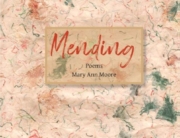
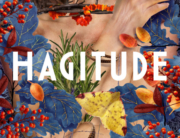
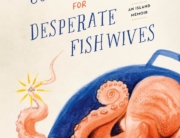
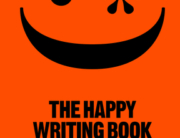

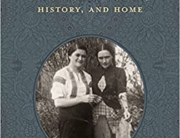
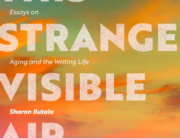
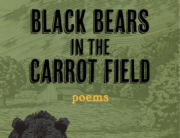
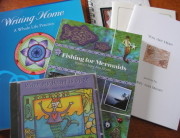
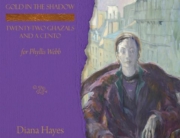
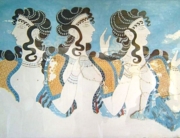
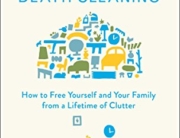
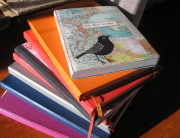
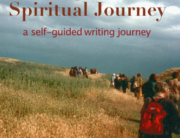
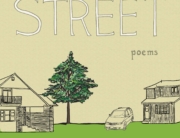
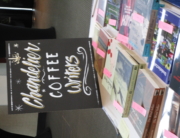
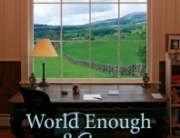
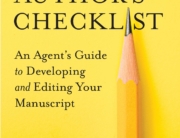
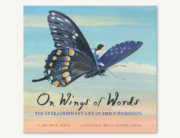

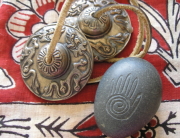
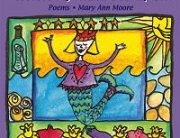
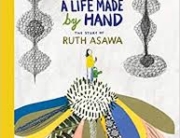
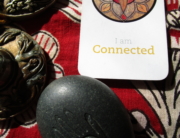
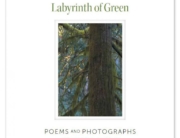

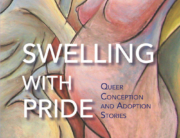


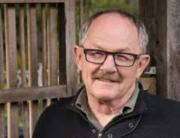
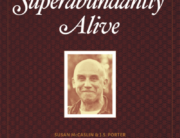
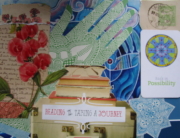
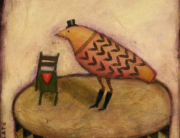
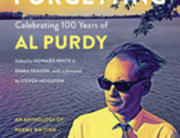
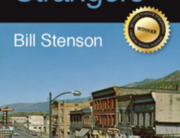
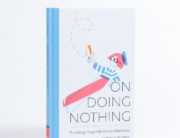



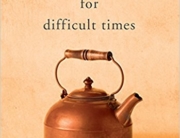

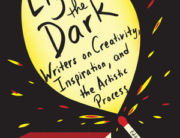
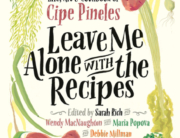
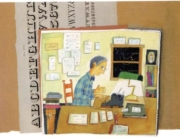
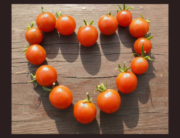

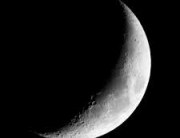

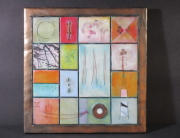

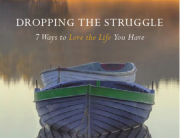

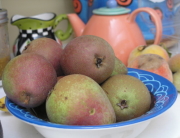
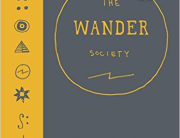


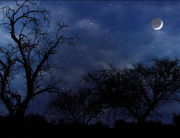
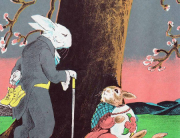






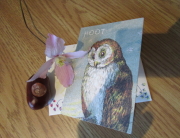
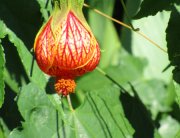

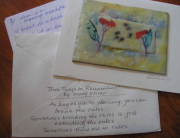
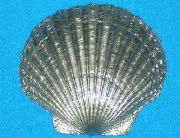
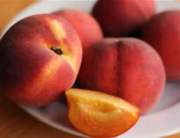


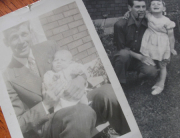
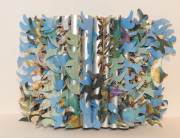


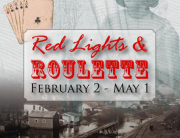
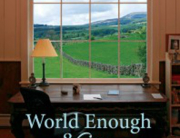
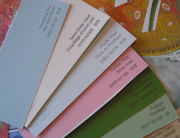
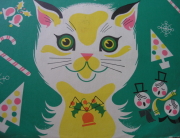


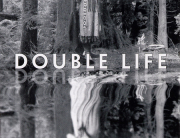

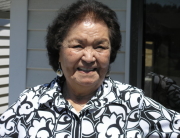
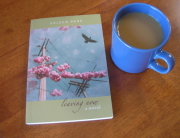



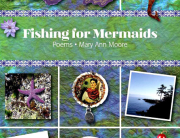
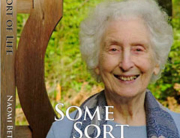
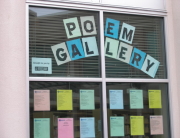
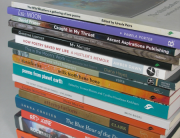

This all so important, Mary Ann. All the references are worth checking out. Thanks,
Carol
My father was an alcoholic. I felt as if there was such sadness in some aspect of his life – his family perhaps? – that he simply couldn’t cope without the temporary balm that alcohol provides, that ability to momentarily set aside the thoughts that plague.
Now I sit at my desk, listen to the howling wind swirling late February snow (oh so viciously cold looking!), and wonder what my “thing” is? I don’t overindulge in alcohol, I don’t overbuy (although my bead collection does seem rather bloated). Perhaps I seek the upside, the positive spin, and perhaps I avoid certain thoughts and topics where I need to dig into the cloying stench of deep sadness, regret, disappointment?
And that’s where your writing circles serve a great purpose, Mary Ann. Those deep, hidden thoughts surface in the safe circle of writers. Your prompts give what’s hiding an opportunity to sneak out and be witnessed. I am grateful. Namaste.
Thank you Stephanie. That’s how it all starts I expect: the temporary balm.Then the addiction takes over and there is no longer any balm. If I have a “thing,” it may be sweets. I’m glad the writing prompts give what’s hiding a chance to be revealed and witnessed.